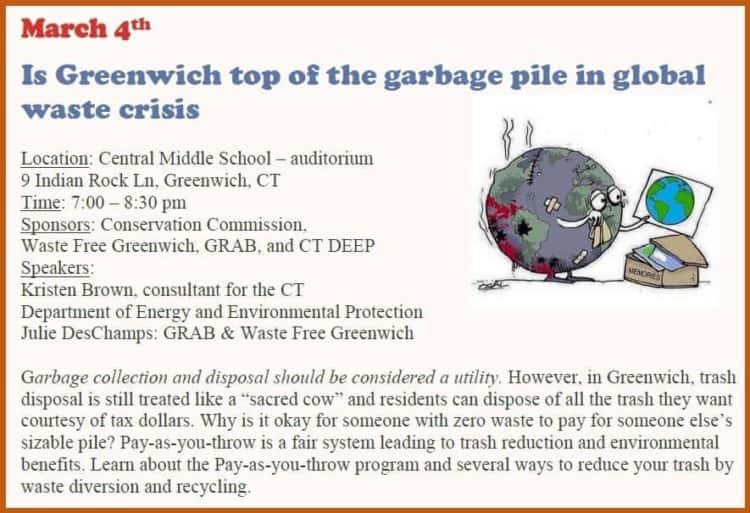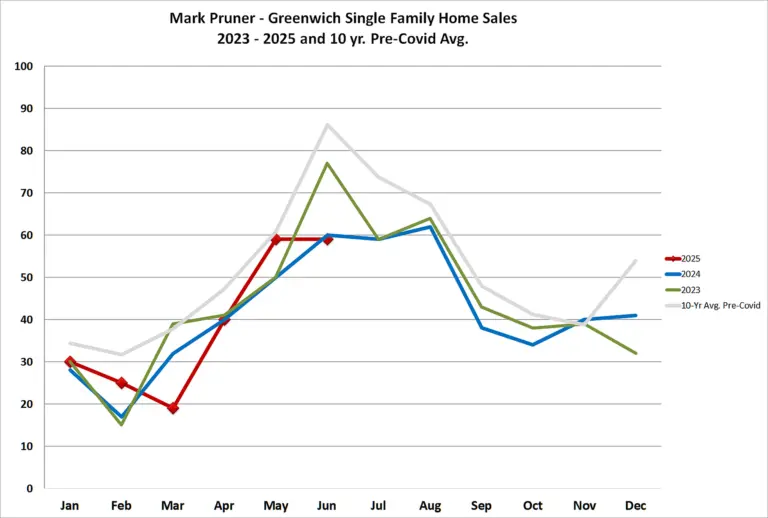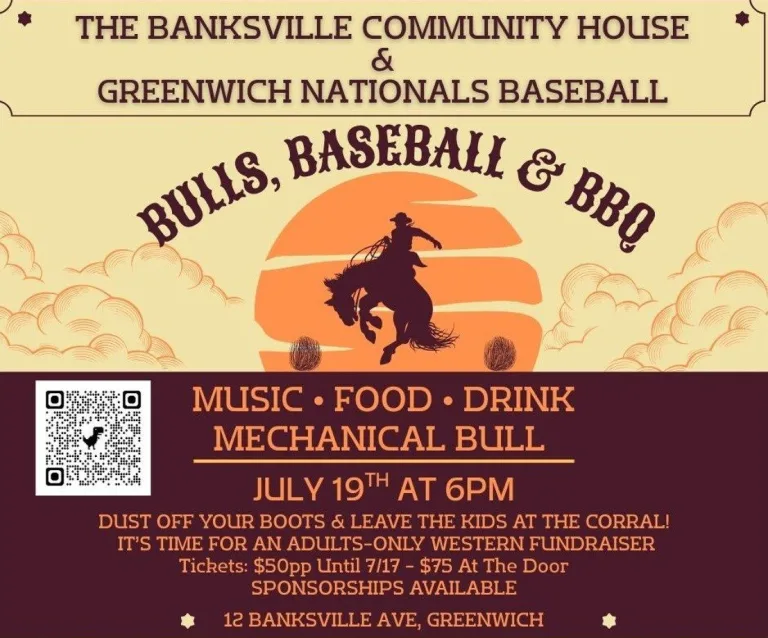
In its spring series of environmental topics, the Greenwich Conservation Commission builds on its success last fall with a collection of presentations focusing on human-induced, aka anthropogenic, changes and how to take responsibility in reversing the impact. The four-part series begins on March 4 with “Is Greenwich Top of the Garbage Pile in Global Waste Crisis? – Pay-as-you-throw Program Explained.”
If we think back to our school days, there should be recollections of geologically defined periods of time. These significant time periods, eras, and epochs were all defined by geologic events, most familiar being the ice age. Today, the lexicon is turning towards recognition that a single species – humans – is exerting sufficient influence on the Earth to create long-lasting changes of ecological importance – a magnitude of changes previously attributed to cataclysmic events.
It would appear humans are unlike other species whose population rises and falls directly in response to the world around it. Humans have a far greater capacity to alter the world to suit human needs for shelter, food, water, and space. While it is true the human population is flexible and ingenious in its ability to respond to and manipulate our habitat, we are now seeing the environment that supports us is not boundless and the health of the human population will ultimately be controlled by the same limiting factors as the rest of the ecosystem.
What can truly set us apart is the ability to recognize the damaging behavior and make changes to our species’ benefit. This four-part series looks at land and air and planning for the future. The first lecture provides residents with an outlook on our trash future and how the Town and its partners are providing opportunities to lessen this burden. “Pay As You Throw” is a trash program to help motivate people’s actions through the use of special garbage bags, which, like a utility, one only pays for what one uses. The small, upfront cost of the bags has proven highly successful in reducing trash by 40-60% among the 550 Northeast communities that use this system. Kirsten Brown of Waste Zero will present the details and expected outcomes of the program.
To help residents further reduce trash, a food scrap recycling program is expected to launch at the Holly Hill Transfer Station in mid-April. Food scraps make up some 20% of the waste tonnage. With a little bit of effort, this waste can be diverted through backyard composting, curbside pick-up, or dropping at Holly Hill and repurposed as nutrient-rich compost. Julie DeChamps of Waste Free Greenwich and Greenwich Recycling Advisory Board will speak to the new Holly Hill program expected in April.
Weeks 2, 3, and 4 are set to be just as instructive. March 11: ‘Air Quality – is Connecticut the Tailpipe of the Nation?’; March 18: ‘Youth Voices on Climate Change and Environmental Policies’ and March 25: ‘Proforestation – Mitigates Climate Change and Enhances our Wellbeing’.
Questions can be directed to greenwichct.gov/295/Environmental-Education or call Aleksandra Moch at 203-622-6461.





